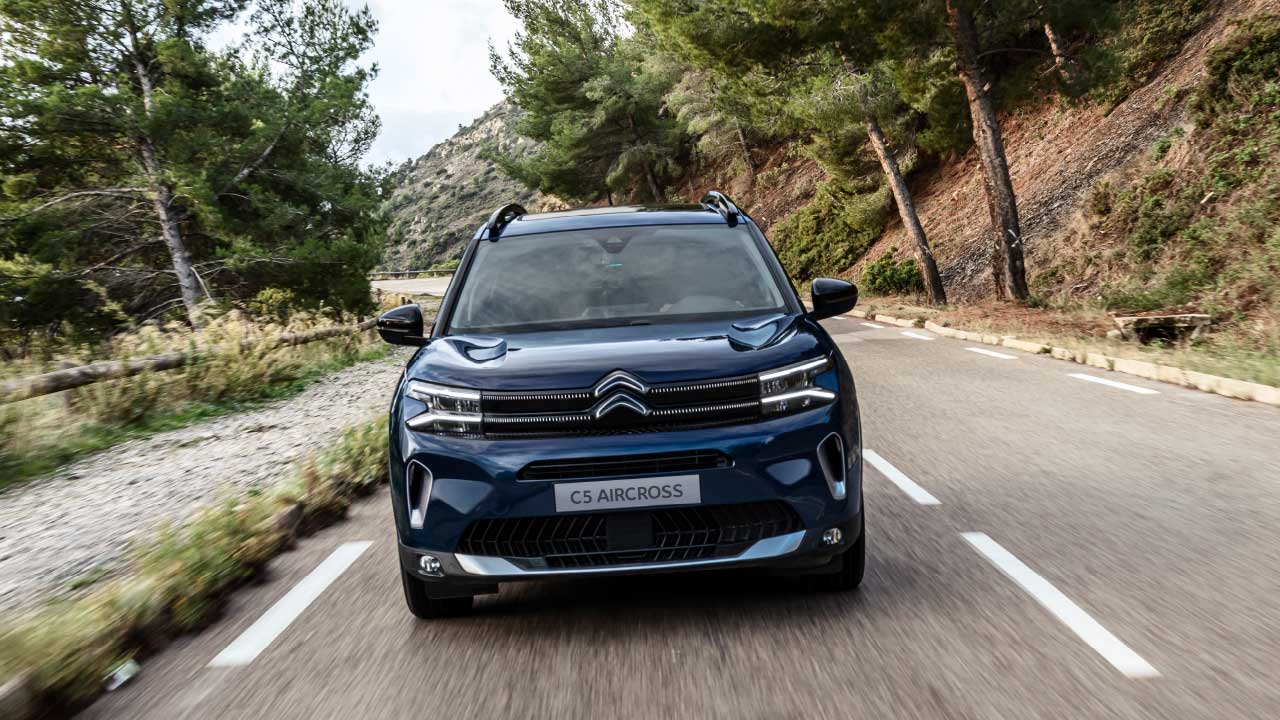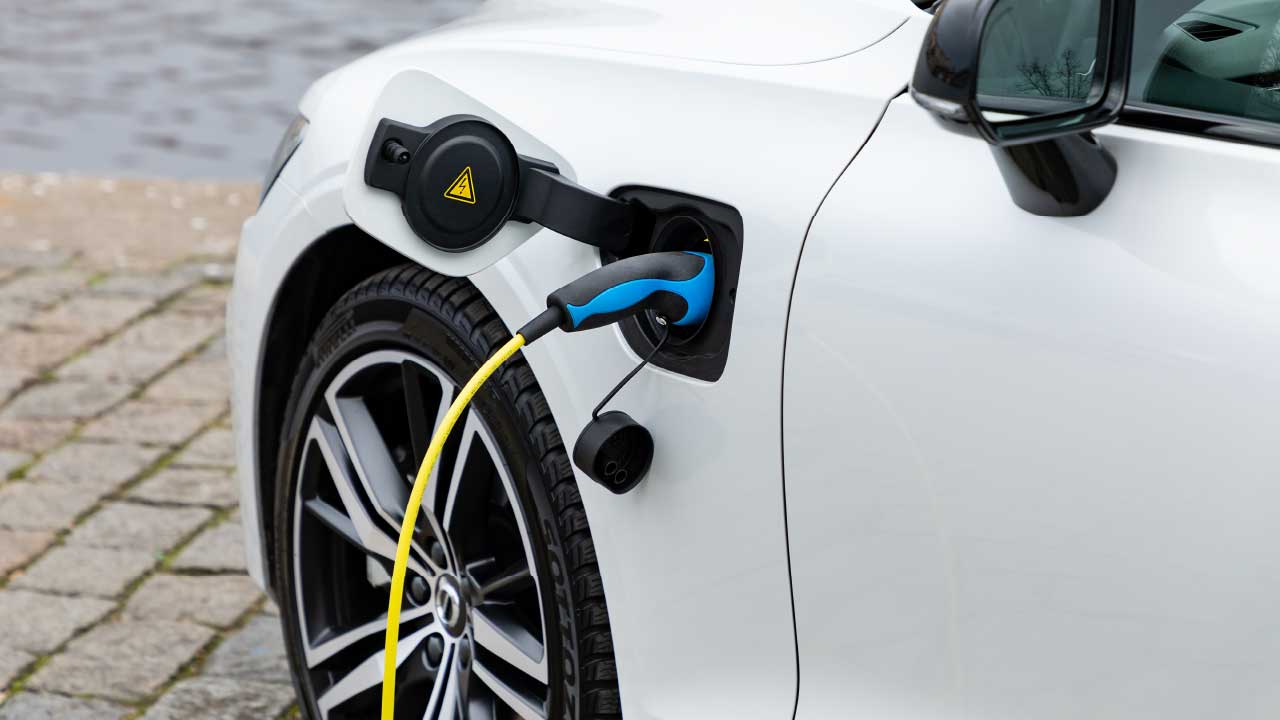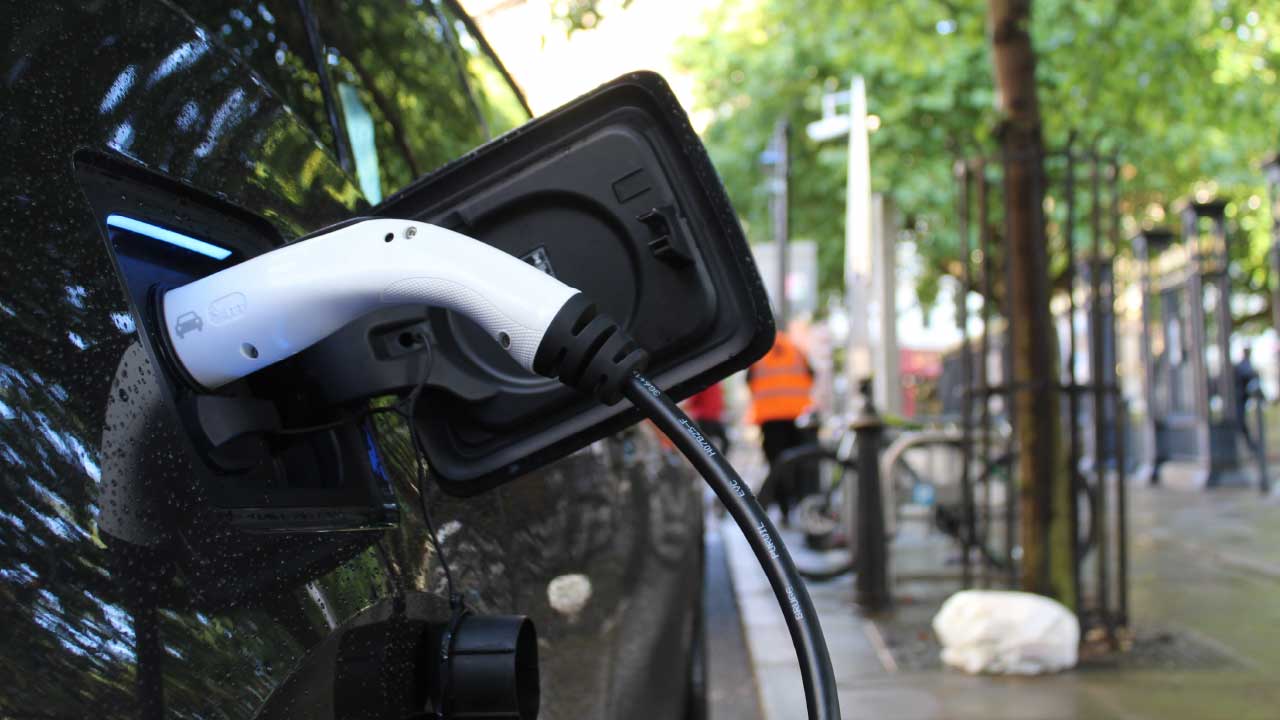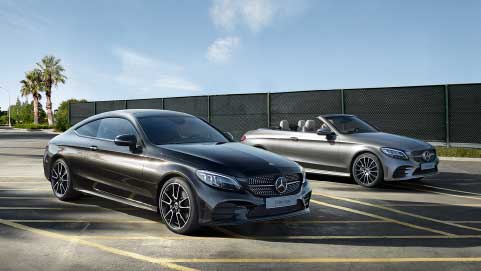The great diesel debate
Diesels have long been a staple diet of vehicle fleets across the UK, thanks to their superior fuel economy and the switch to CO2 emission-based BIK and VED tax. However, they have been coming under scrutiny in the media for emitting harmful emissions such as nitrogen oxide.
In this article, we have gone through the headlines to present the facts around the diesel debate. We will also compare diesel vehicles to alternatively fuelled vehicles, clearly demonstrating that with the current crop of vehicles available to fleets, diesels remain the best operational and cost-effective solution.
What is behind the change of attitude towards diesel cars and vans?
Diesel vehicles have been attributed to worsening air quality due to the amount of NOx and particulate matter they produce. This has led to major cities around the world proposing bans or additional fees for using diesel vehicles.
Motor manufacturers have been working hard to improve their offerings, and the current diesel engines (Euro 6 LCV and Euro 4 Car) are amongst the cleanest on the market with the advent of particulate filters and AdBlue.
At the same time, and less widely reported, governments have recognised they need to reduce the number of older, more-polluting vehicles on the road. Measures like the London T-Charge and Ultra-Low Emission Zone are targeting both diesel and petrol vehicles that do not meet Euro 4 emission standards for Cars and Euro 6 for LCVs.
The facts are that the latest diesel vehicles would be unaffected by any scrappage scheme or additional charge and, even if they were, is there a viable alternative to diesel as a workhorse fleet vehicle? Below, we compare EVs and PHEVs to diesel to find out.
Electric vehicles for business use
Benefits
- High mpg
- Low emissions
- Positive green credentials
- Low BIK and Class 1a NIC costs
- Fuel costs savings
Drawbacks
- Limited range
- Long charging time
- Relatively expensive
- Limited vehicle selection
- Uncertainty around future 'electric taxes' and future government grant funding
Outcome
For low-mileage drivers who have time and access to the charging network between journeys, electric vehicles in their current form present a realistic option. However, they would not meet the needs of high-mileage drivers or workhorse fleets that require vehicles in constant operation. The patchy charging network, limited range and the time it takes to recharge is too disruptive and costly for the business.
Plug-in hybrid vehicles for business use
Benefits
- Extended range
- Lower emissions and higher mpg over petrol or diesel engines
- Lower BIK and Class 1a NIC costs over diesels
Drawbacks
- More expensive than conventional engines
- Limited range on electric engines
- Need to be regularly charged to achieve higher mpg
- Cost of introducing workplace charging stations
- Uncertainty around future 'electric taxes' and future government grant funding
Outcome
PHEVs are vehicles that use both conventional fuel and electricity, allowing the driver to switch between the two.
To get a better idea of how PHEVs and diesels compared, we analysed the performance of a typical 270 vehicle fleet in the construction industry, who require their fleet for business critical operations.
We then produced a report looking at moving from a diesel fleet to hybrids as an alternative, using a whole life cost model for both types of fleet. The analysis showed that it would cost our example business 8.5 percent more per annum to run a PHEV fleet. This is largely due to the higher P11D values and rentals, which counteract the BIK and NIC savings. Our analysis also found that fuel costs are largely flat against pure diesel, assuming a realistic scenario of using the vehicle in an 80:20 split for diesel to pure electric.
This comparison demonstrates diesels remain the most cost-effective way of running a workhorse fleet.
Is there a viable alternative for diesel vehicles?
Ultimately, we can help a business choose the right vehicle for them after learning more about their needs.
For perk or low mileage users, EVs have their place, and there is no doubting that manufacturers will continue to develop their offerings. Volvo have indicated that their latest generation of petrol and diesel vehicles will be their last, and they will be pursuing electric mobility in the future.
There will be further funding in place to develop the infrastructure for electric charging, as per the government's commitment in the spring budget to allocate £270m for new technologies such as driverless cars and better batteries for EVs.
But for a workhorse fleet, with their cost, limited ranges, long charge times and the immature support network, we would not recommend EVs and PHEVs as being fit for purpose for our customers.
Neal Francis, Divisional Managing Director for Pendragon Vehicle Management, commented: “In recent weeks and months, various press headlines have prematurely portrayed diesel vehicles in a poor light. For aged and poorly maintained diesel vehicles, they are indeed very harmful to the environment. However, for those who change their vehicles typically every four years, the new diesel technology and emission standards are class leading, with the economic and environmental argument compelling.”








